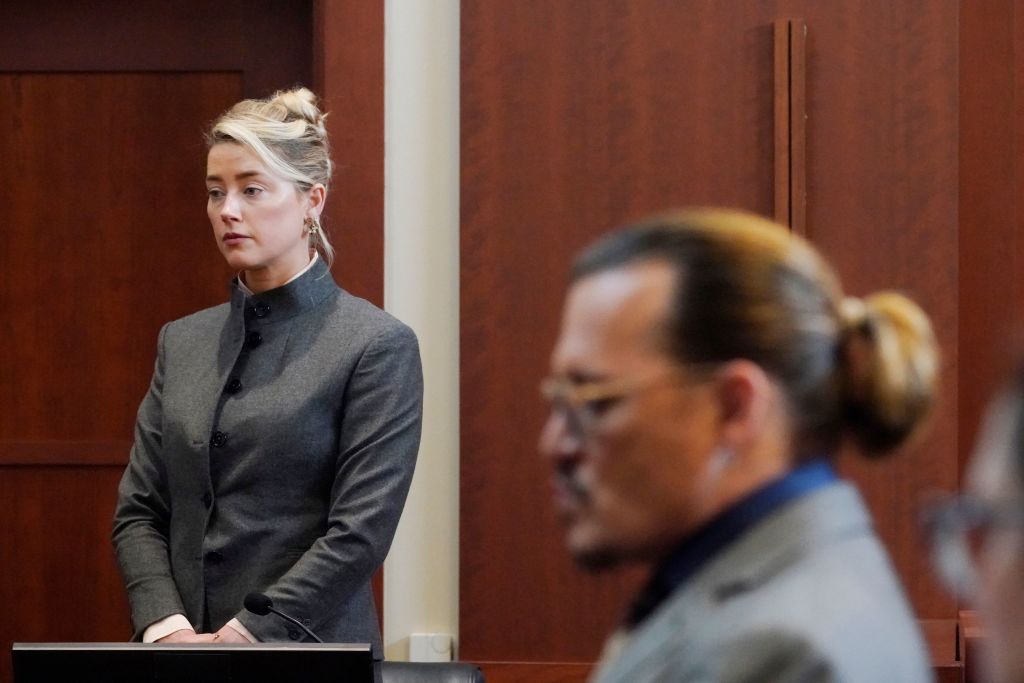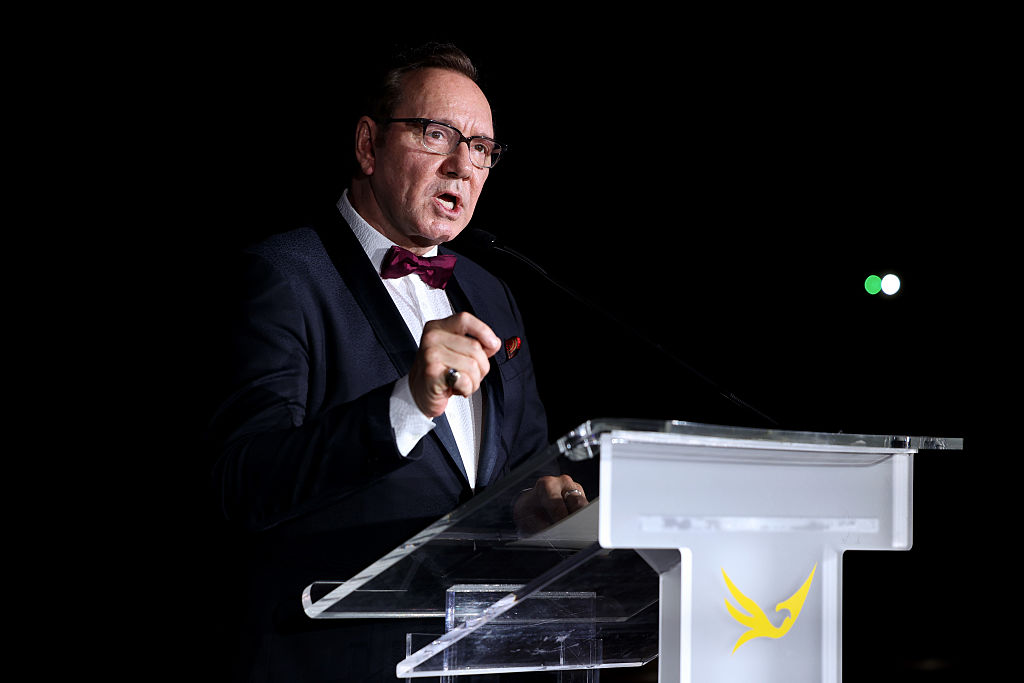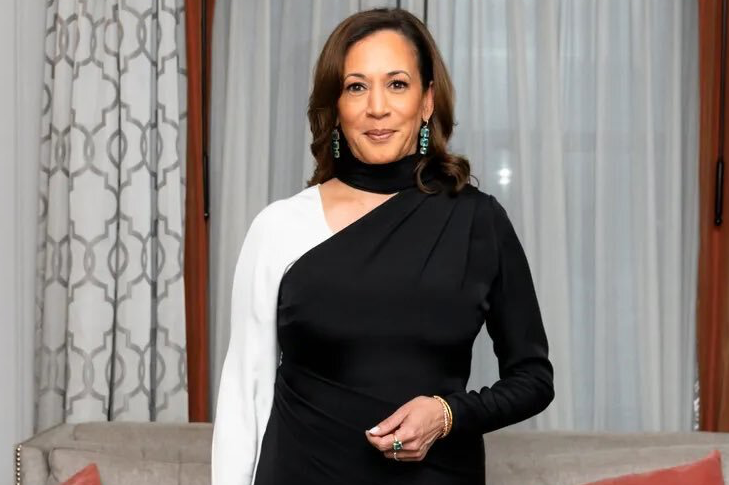War, inflation and abortion may dominate the headlines, but many Americans are fixated on something else: the defamation trial of Johnny Depp. Depp is suing his ex-wife, Amber Heard, for insinuating that he abused her in a Washington Post op-ed.
In the weeks since the trial began, endless clips with commentary, analyses and minute-by-minute breakdowns of witness testimonies and legal team interactions with both Depp and Heard have surfaced. On social media, people declare themselves “Team Johnny” or “Team Amber,” fawning over his charming, witty responses on the stand, or despairing over her sad tale of alleged abuse.
The proceedings may offer an entertaining break from reality for viewers — but for the estranged couple, it’s a devastating, public examination of their collective mental health and substance abuse issues. For clever online creators, the trial is a source of entertaining video and commentary — but our national obsession with it shows how our attitudes towards marriage, spousal abuse, mental health and alcohol abuse are dangerously casual.
This isn’t just about celebrities, after all. Depp and Heard represent real issues — like codependency, mental illness, addiction and abuse — that families deal with every single day across the country. In a Facebook group for the partners of those with bipolar disorder, the conversations lit up amid the trial, group members saying they recognized the unhealthy and abusive behaviors of both parties.
Dr. Shannon Curry, a forensic psychologist who spent hours interviewing Heard, testified that she suffers from both borderline personality disorder and histrionic personality disorder. Heard was charged with domestic abuse against her former partner Tasya Van Ree in 2009.
Similarly, a psychiatrist for Depp admitted the two had discussed a bipolar disorder diagnosis. Depp is also known for showing up drunk to movie sets and attacking crew members; he lost a 2018 libel suit against a British newspaper that had called him a “wife beater.” These are serious claims that demand a higher level of discourse than trendy T-shirts and jokes about domestic violence.
The allegations of abuse against one another are heavy. In one infamous tape, Heard is recorded telling Depp that “no one will believe you” if you claim spousal abuse, after she allegedly hit him. Conversely, she has accused him of multiple kinds of physical, mental and sexual abuse. And yet, the public reaction is not heartbreak, but fascination: a reality TV autopsy of marriage dissolution.
Serious mental health diagnoses like those in play here often result in the downfall of marriages everywhere. They mean marriages are statistically more likely to end in divorce. As someone who is married to a man with PTSD and bipolar disorder, I can attest that these afflictions can be devastating to individuals and their family members if not properly cared for. We’ve seen widespread mockery of Heard’s “crazy” accusations, but little compassion for the genuine mental battles she faces as a result of her illness. Alternatively, many have fallen for Depp’s “charming” disposition on the stand, not recognizing that charm is a common quality of abusers. This isn’t to say it proves abuse, but it is a relevant piece of data.
Mental illness is often a launchpad for addiction. The Journal of American Medical Association reports that 50 percent of those with severe mental disorders also suffer from addiction or substance dependence. Throughout the trial, it’s clear that both Depp and Heard have participated in excessive alcohol consumption; studies also correlate a strong link between alcohol abuse and domestic violence. The trauma millions of people have suffered at the hands of addiction and mental illness is impossible to calculate. There are more than 24,000 Al-Anon groups across the country. These support communities exist for people who have lived with the trauma of an addicted parent, partner or family member — often with the inclusion of mental, physical or emotional abuse.
Depp and Heard are both actors, so some say their testimonies are more “performance” than anything else. Perhaps that’s true to an extent. To hear real-time recordings of events in question, however — the unscripted moments of a crumbling marriage — is painful. Both are real people who have caused and received pain in their lifetimes, and I guarantee this extends beyond just the two of them.
Eventually, this trial will be over and we won’t hear much about Depp and Heard anymore. But the people living in violent, addictive or mentally unstable marriages will continue to struggle with no spotlight, little community and certainly no Washington Post op-eds. Before passing on the latest “Team Johnny” meme, consider the woman living in abuse with a charming man. Before defending Heard, remember the family suffering at the hands of a mentally ill mother.
These are your neighbors, friends and family members, most of whom suffer in silence. No matter what actually happened between Depp and Heard, those dealing with the pertinent issues of the trial aren’t laughing along with you. They’re wondering if anyone else understands what it’s like to live in the chaos. We mustn’t minimize the harsh realities of abuse, addiction and mental illness, whether it’s for an A-list celebrity or your friend from high school.

























